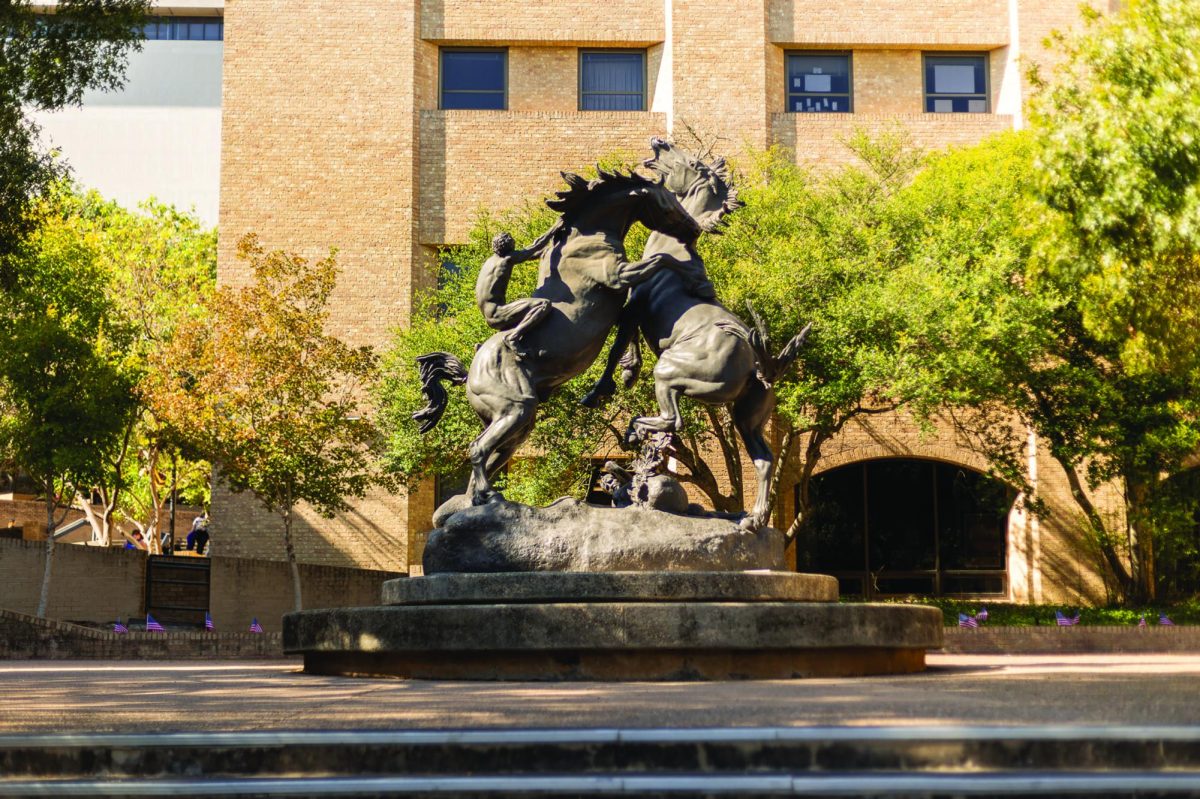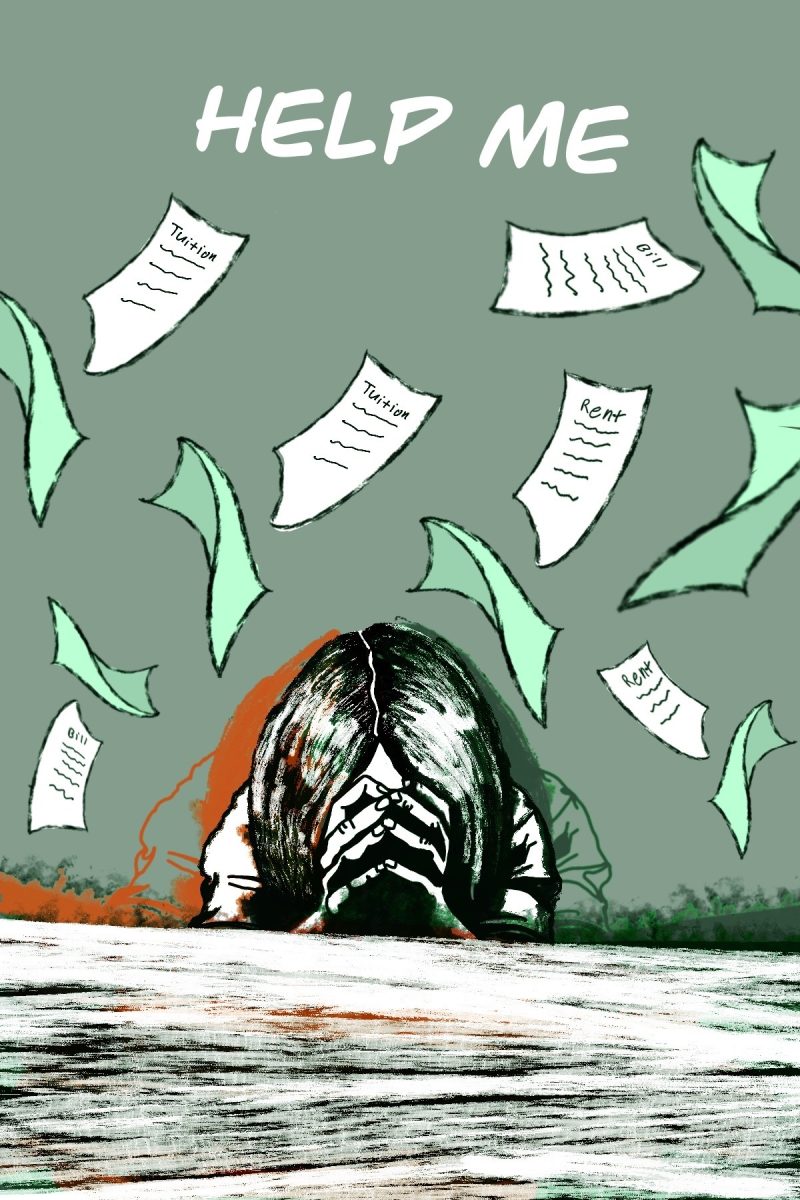David Coby
At the height of former Vice President Colton Duncan’s controversial arrest, I watched my fellow students run wild with accusations directed at me, so let me preface by clarifying a few things.
First, drinking and driving is immoral and not something I condone. I have lost friends to drunk driving. I am sure many of you have as well. Second, I think we are all glad Colton was arrested before he could hurt himself or, more importantly, innocent people. Finally, I believe Duncan did the right thing by politely stepping down from his elected position.
When our student body vice president chose to get behind the wheel after consuming alcohol, he broke the law. As a civilized society, we have systems of criminal punishment dedicated to cases such as this, and Duncan was rightfully arrested. He broke the law and deserved the arrest. He deserves the legal punishments, which will stay with him for the rest of his life. However, what about the social punishment students have sentenced him to?
Recently, a Texas State alumnus implied I was a racist for defending Duncan. A Senator-elect made fun of me and said my defense of Duncan was “kinda dumb.” My concern is this: Does his status as Vice President disqualify him from basic rights to privacy?
As one student says, Duncan “gave away most of his rights to privacy the moment he ran for public office.”
When a citizen is arrested, part of our legal system involves posting such information online. That is fair in the sense that the same procedure applies to everyone. However, some people’s mugshots are front-page news while others are not. Why doesn’t the University Star run the mugshot of every Texas State student, teacher and faculty member arrested? Don’t we all represent our school even if not in an official capacity?
I also want to address a common ethical issue: Does might make right? With the rise of internet usage and social media, we all possess the ‘might’ to rapidly spread information. Do we have the right to?
I use many social media platforms and have noticed a prevailing theme recently. People love incriminating information. Some people use this information for good, such as Tumblr’s exquisite ability to get racists fired from their jobs, but I think we have failed to draw the line.
Is Duncan’s DWI really our business, or has the culture of social media taught us that it is? Does having the ability to spread his personal information give us an inherent right to do so?
Finally, and most importantly, let me ask something hard to swallow. What if it was you?
In the process of writing this, I found many statistics about how often college students use marijuana and drive after drinking. The reality is not many of us can claim to never have done either. However, this controversy has been plagued with Twitter users acting ‘holier-than-thou’ in order to attack both Duncan and me.
Step back and consider if you would want your picture on the front page of the newspaper after a serious lapse of judgment.
In closing, I want to address something directed to me on Twitter. One user wrote, “Don’t come for people who are doing their job to give an opinion you don’t even want to discuss.”
I came. I discussed. Your move.
-David is a business management senior
Categories:
Letter to the editor: What if it were you?
May 18, 2017

Illustration by: Flor Barajas | Staff Illustrator
0
Donate to The University Star
Your donation will support the student journalists of Texas State University. Your contribution will allow us to purchase equipment and cover our annual website hosting costs.
More to Discover










